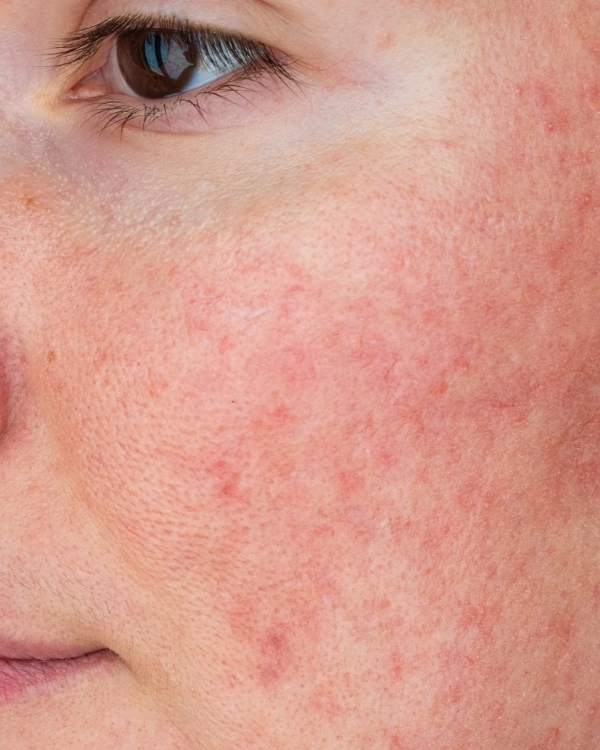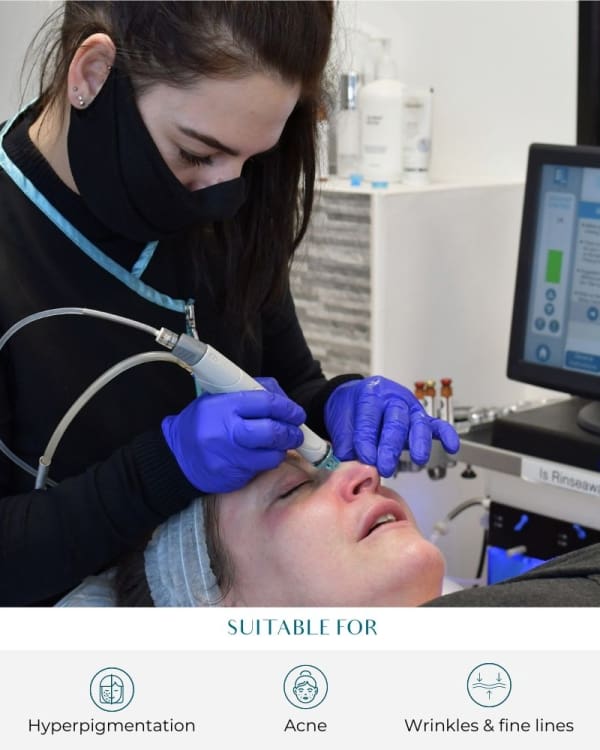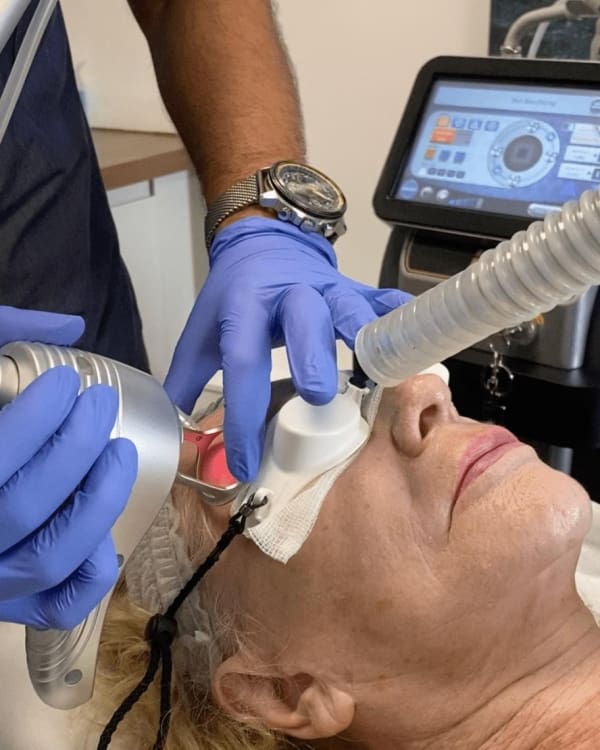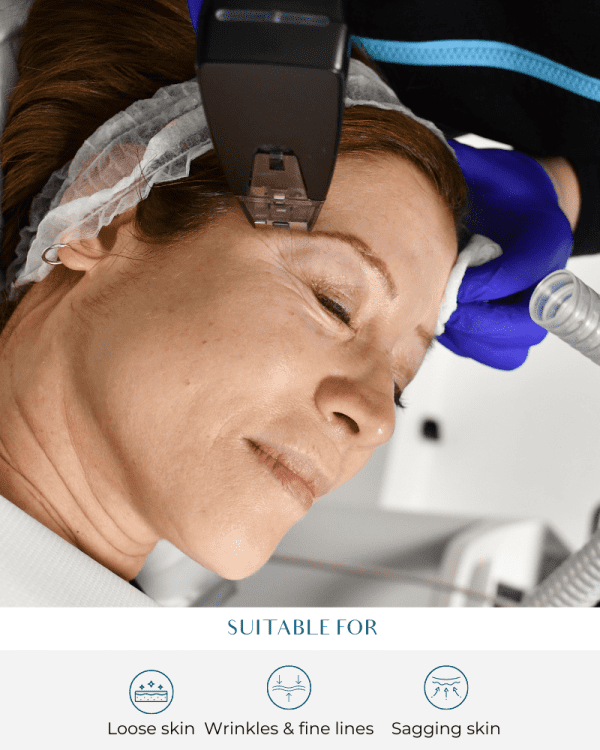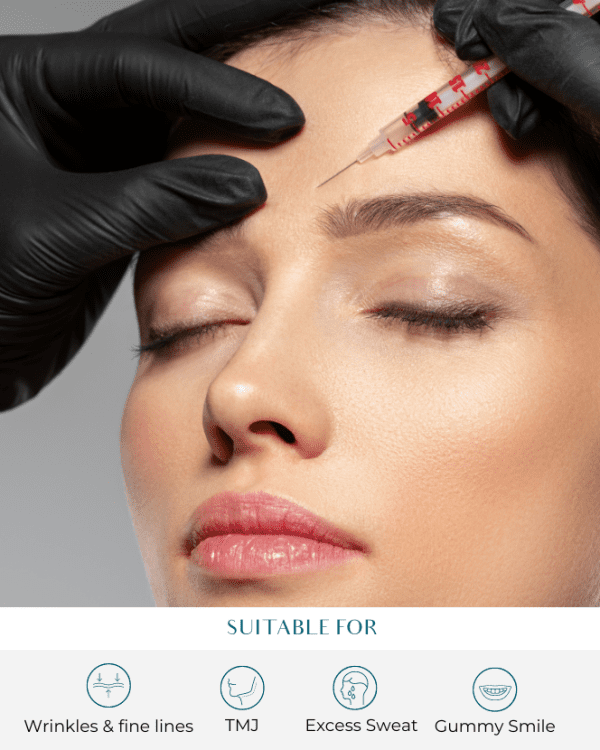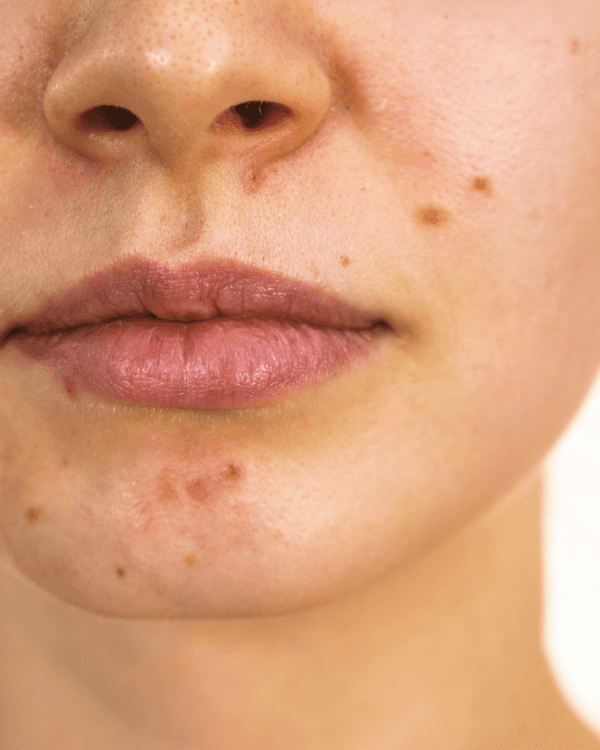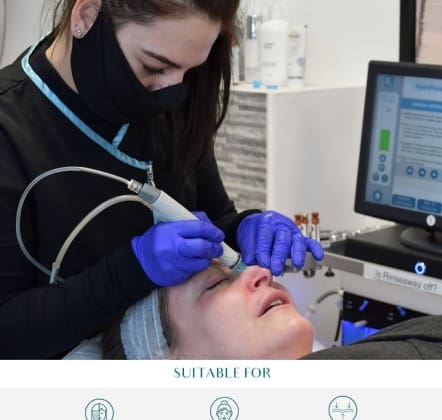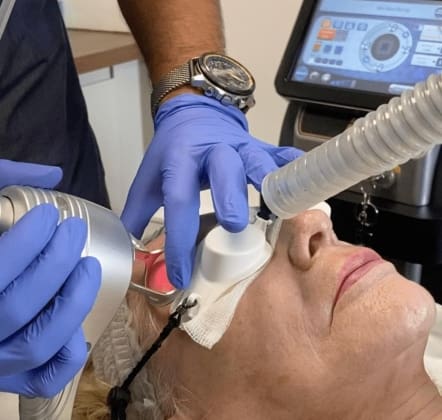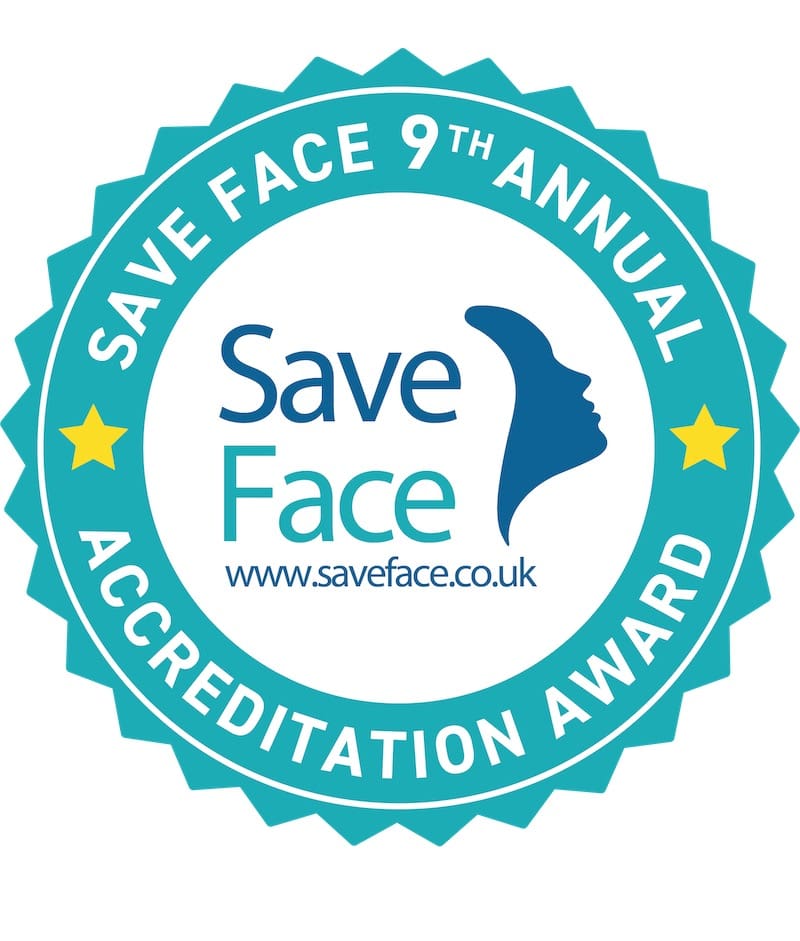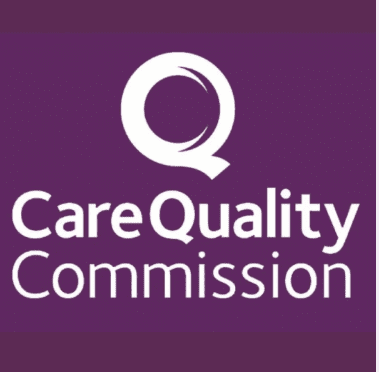Understanding and Treating Blemish: Your Guide to Clearer Skin
Blemishes are a common skin concern that can affect people of all ages. Whether you’re dealing with occasional breakouts or persistent acne, understanding the causes and treatments for blemishes can help you achieve smoother, clearer, and smooth skin.
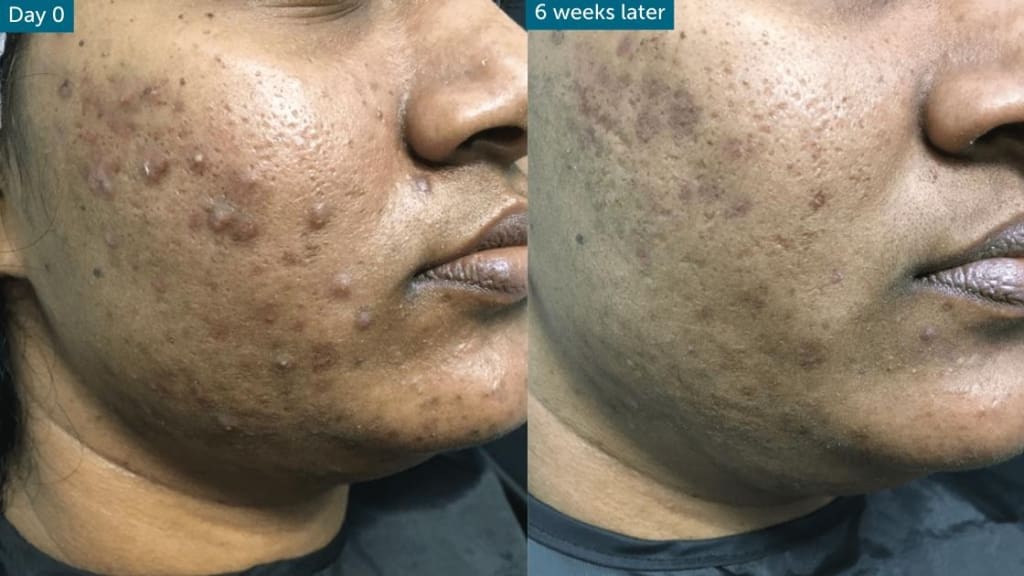
What Are Blemishes?
Blemishes are noticeable imperfections on the skin that can be caused by a variety of factors, including acne, sun damage, aging, and genetics. They can appear as dark spots, red marks, or bumps on the skin, and can be a source of frustration and self-consciousness for many people. These skin issues often result from excess oil production, dead skin cells, and bacteria clogging the pores.
Types of Blemishes
There are several types of blemishes, each with its own characteristics:
- Acne Blemishes: These are caused by clogged pores and can appear as pimples, blackheads, or whiteheads. Acne blemishes are often inflamed and can be painful.
- Hyperpigmentation Blemishes: These occur due to an overproduction of melanin, leading to dark spots or patches on the skin. They can result from sun exposure, hormonal changes, or skin injuries.
- Scars: Scars are marks left on the skin after an injury or inflammation has healed. They can be raised, flat, or indented and vary in color.
- Birthmarks: Present at birth, these marks can be caused by a variety of factors, including genetics and environmental influences. They can range in color and size.
Understanding the type of blemish you have is the first step in finding the most effective treatment.
Common Causes of Blemishes
Blemishes can be caused by a variety of factors, including:
- Excess Oil Production: When the skin produces too much oil, it can clog pores and lead to acne blemishes. This is often seen in people with oily skin types.
- Bacteria: Bacteria can infect the skin and cause blemishes, especially in people with acne-prone skin. The presence of bacteria in clogged pores can lead to inflammation and breakouts.
- Dead Skin Cells: Dead skin cells can clog pores and lead to blemishes, particularly in people with dry or sensitive skin. Regular exfoliation can help prevent this buildup.
- Sun Damage: Exposure to the sun’s UV rays can cause blemishes, especially in people with fair skin. Sun damage can lead to dark spots and uneven skin tone.
- Genetics: Some people may be more prone to blemishes due to their genetic makeup. If your parents had acne or other skin issues, you might be more likely to experience them as well.
By identifying the root cause of your blemishes, you can tailor your skincare routine to address these specific issues.
Effective Treatments for Blemishes
There are several effective treatments for blemishes, each targeting different aspects of skin health:
Salicylic Acid
Salicylic acid is a beta hydroxy acid that is commonly used to treat acne blemishes. It works by exfoliating the skin and unclogging pores, which can help to reduce the appearance of blemishes. Salicylic acid can be found in a variety of skincare products, including cleansers, toners, and spot treatments.
Other effective treatments for blemishes include:
- Benzoyl Peroxide: This topical treatment kills bacteria and reduces inflammation, making it effective for treating acne blemishes.
- Retinoids: Derived from vitamin A, retinoids help to prevent clogged pores and reduce the appearance of fine lines and wrinkles. They are often used in anti-aging and acne treatments.
Professional Treatments At Our Clinic:
- Chemical Peels: These exfoliating treatments help to remove dead skin cells and improve the appearance of the skin. Chemical peels can be particularly effective for treating hyperpigmentation and acne scars.
- Microdermabrasion: This non-invasive exfoliating treatment can help to improve the appearance of the skin and reduce the appearance of blemishes. It works by removing the outer layer of dead skin cells, revealing smoother, clearer skin underneath.
- Hydrafacial: Frequent Hydrafacials can greatly affect the health and clearness of your skin.
It’s important to note that everyone’s skin is different, and what works for one person may not work for another. It’s always a good idea to consult with a dermatologist or skincare professional to determine the best course of treatment for your individual skin concerns.
By understanding your skin’s needs and using the right products, you can effectively reduce blemishes and enjoy smoother, healthier-looking skin.
What Are Blemishes?
Blemishes are imperfections on the skin that can range from minor spots to more noticeable marks. These imperfections can leave the skin blemished, affecting its overall appearance. They come in various forms, including:
- Pimples
- Blackheads
- Whiteheads
- Dark spots
- Red, inflamed areas
These skin issues often result from excess oil production, dead skin cells, and bacteria clogging the pores.
Common Causes of Blemishes
Several factors can contribute to the formation of blemishes:
- Overproduction of sebum (skin oil)
- Accumulation of dead skin cells
- Bacterial growth in pores
- Hormonal changes
- Stress
- Diet
- Certain medications
Effective Treatments for Blemishes
Treating blemishes effectively requires a balanced approach. Here are some key strategies:
1. Salicylic Acid
Salicylic acid is a powerful ingredient for treating acne and blemishes. It works by:
- Exfoliating dead skin cells
- Penetrating pores to clear blockages
- Reducing inflammation
Many products designed for acne-prone skin contain salicylic acid, making it an accessible treatment option.
2. Proper Cleansing
Maintaining a consistent cleansing routine helps remove excess oil, makeup, and bacteria that can clog pores and cause breakouts.
3. Exfoliation
Regular exfoliation helps remove dead skin cells, preventing them from clogging pores and causing blemishes.
4. Targeted Treatments
For more stubborn or painful blemishes like cysts, targeted treatments may be necessary. These can include spot treatments or prescribed medications.
5. Non-Comedogenic Makeup
Using non-comedogenic makeup products can help reduce the risk of clogged pores and subsequent breakouts.
Tips for Blemish-Prone Skin
- Avoid touching your face throughout the day
- Change pillowcases regularly
- Stay hydrated
- Manage stress levels
- Consider your diet and its impact on your skin
When to Seek Professional Help
While many blemishes can be treated at home, persistent or severe acne may require professional intervention. A dermatologist can provide more advanced treatments and help prevent scarring.
Remember, achieving clear skin takes time and consistency. By understanding your skin’s needs and using the right products, you can effectively reduce blemishes and enjoy smoother, healthier-looking skin.




















































